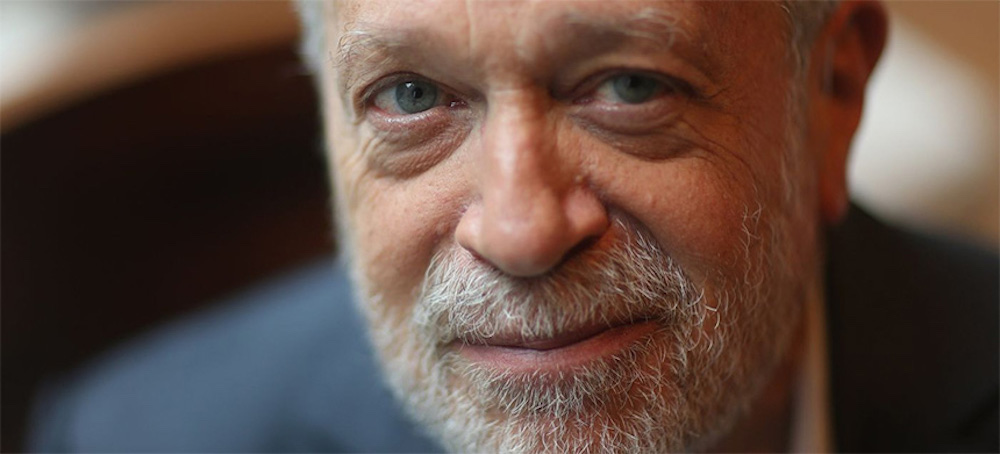
Former Clinton labor secretary Robert Reich. (photo: Steve Russell/Toronto Star)
24 December 22
Out him for breaking the law
Robert Reich Substack Friends,
Trump’s legal problems are mounting — with growing probability of criminal prosecutions for his attempted coup, theft of top-secret documents, and tax fraud.
You know where all this is going to end up, right? The Supreme Court.
What are the chance that Trump’s three appointees along with the two rightwing justices already on the high court when Trump was elected, Samuel Alito and Clarence Thomas, will allow the former president to be locked up?
I can’t predict. That they were appointed by Trump or another Republican president does not pose an illegal conflict of interest.
But I’ll tell you what is clearly an illegal conflict of interest: Clarence Thomas’s continued participation in any case arising from Trump’s attempted coup.
A federal law — 28 U.S. Code § 455 — requires that “any justice, judge, or magistrate judge of the United States shall disqualify himself in any proceeding in which his impartiality might reasonably be questioned.”
If Thomas fails to recuse himself from the Moore v. Harper case currently before the Court, he will be breaking that law. The bogus “independent state legislature” theory at the heart of Moore v. Harper was used by Thomas’ wife, Ginni Thomas, to pressure state lawmakers to overturn the 2020 election results.
Given these extraordinary actions by Ginni Thomas in the wake of the 2020 election, surely it’s reasonable to question the impartiality of Clarence Thomas.
Let’s be clear: The legal issue here is not whether Clarence Thomas is in fact impartial. The point of the federal law governing judicial conflicts of interest is to preserve the public’s trust in our legal system by eliminating even the appearance of partiality.
Thomas’s refusal to recuse himself from Moore v. Harper would further damage the integrity of the Court.
The stakes are significant. If the Supreme Court rules in favor of the plaintiffs in Moore v. Harper, Republican-controlled state legislatures could pass harsher voter suppression laws, enact even more gerrymandered maps, and potentially even change how electors are chosen in a presidential election — the specific strategy Ginni Thomas urged after the 2020 presidential election. (The Electoral Reform Act would go some way toward preventing this, but a determined state legislature and governor might use Moore v. Harper to justify it nonetheless.)
What to do about Clarence Thomas’s illegal conflict of interest?
I can think of at least three things (short of seeking to impeach him, which would be a non-starter in the soon-to-be Republican House) that should be done.
Chief Justice John Roberts should publicly state that Thomas must recuse himself from Moore v. Harper because his impartiality might reasonably be questioned.
The Senate should hold public hearings on Thomas’s apparent violation of law, including asking him to testify.
The Justice Department should convene a grand jury to consider whether Thomas has violated the law.
None of these will result directly in a legal finding that Clarence Thomas has an illegal conflict of interest. But they will shine a spotlight on it, pushing Thomas either to recuse himself or explain clearly why he won’t.
No person is above the law — not even someone charged with interpreting it.
"I can marry out of my race, but don't you go trying it."



No comments:
Post a Comment